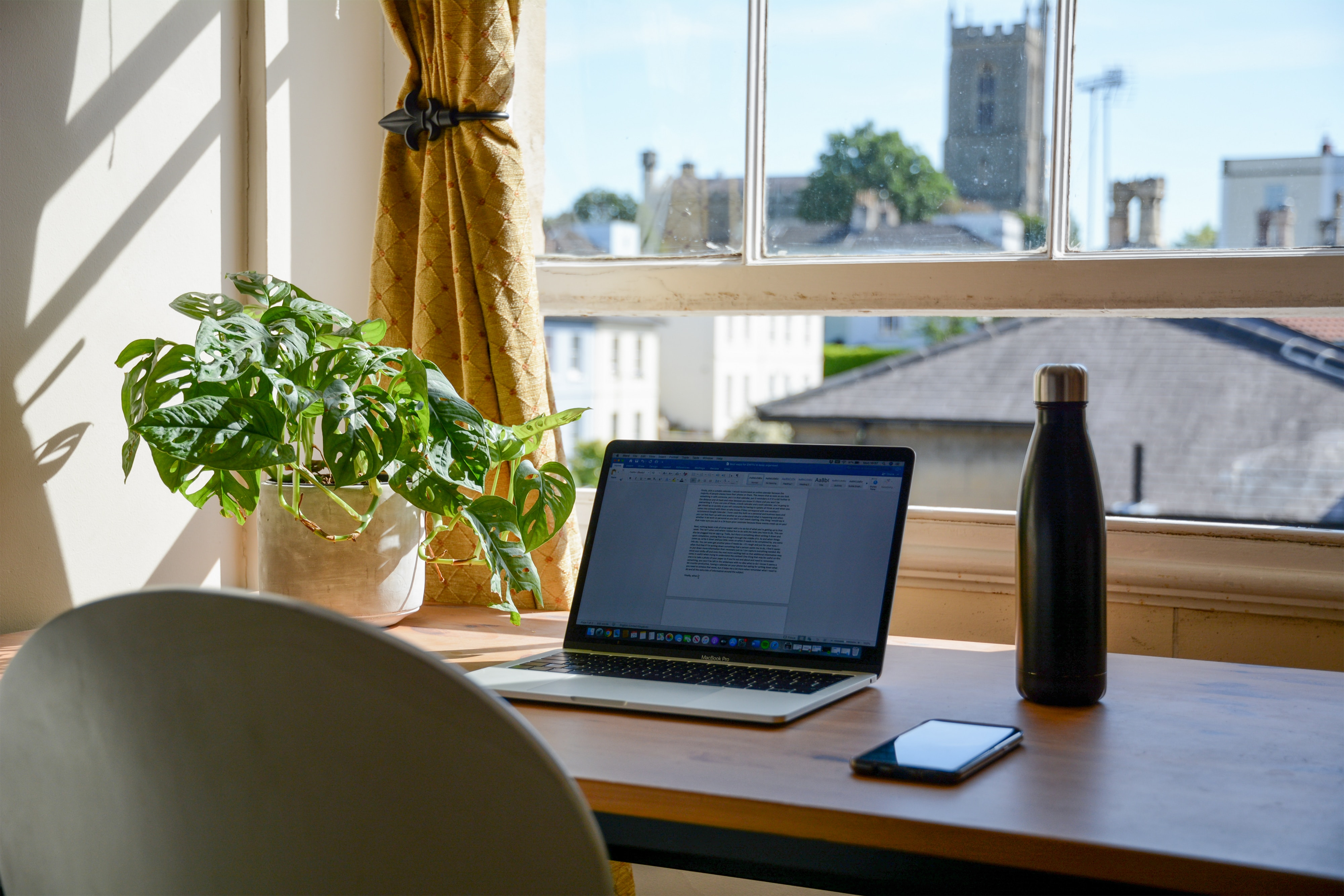Flexible working has become the norm for many workers worldwide since the pandemic. This new way of working enables us to spend more time with our loved ones, pursue passions outside of work, and, in some cases, work from other countries or live in places that are not based anywhere near the location of our role. However, as Chancellor Jeremy Hunt calls for a return to UK offices, suggesting remote working has led to a 'loss of creativity' and that workers should be in the office unless there is a good reason to work from home, the debate continues as to whether office workers should be able to do their jobs from home.
While he admits remote working has its positives, particularly for those with childcare responsibilities and mobility issues, Mr Hunt's latest comments suggest remote working removes the opportunity for 'water-cooler' moments of creativity and collaboration in which colleagues are able to 'bounce ideas off each other'.
While it's true that working collaboratively can be a good thing for creativity, it must be noted there is no 'one size fits all' when it comes to the way we work best, as Tristan Hellard-Smith MBCS, Founder of Shout Cyber, confirmed when joining the conversation on LinkedIn - 'I wonder if (the chancellor) is perhaps not considering that an estimated 25-40% of the population are introverts? Those who don't thrive in traditional workplaces filled with social pressures and annoying hum drum, but thrive when they can dive deeply into their own minds'.
There is no concrete evidence that working from home leads to a decline in creativity, nor do we know of any studies that show such a correlation. In fact, some studies do show that remote workers tend to be more creative than those who work on-site. Creativity is not just about making new things; it's also about finding new uses for existing things and being able to think outside the box. To solve problems, people need to be able to think creatively - and there are plenty of opportunities for them to do so at work or at home (or both!).
Lisa Unwin, Co-Founder and CEO of Reignite Academy agreed that while of course, 'there are times when people do benefit from working together in the same space, there is no right answer and some people do their best, most creative work, in solitude'.
While this debate rages on, our own Business & Development Manager, Stephanie Beer, highlights perhaps one of the biggest risks for businesses who are not able to offer flexibility to employees; 'The real crux of of the matter is that the majority of the UK workforce don't just want it, they demand it. If you're not rolling with it, companies that are will be a more attractive prospect to talented professionals'.
Indeed, consultancy firm Deloitte revealed results from a recent survey which confirmed 77% of Gen Z employees surveyed and 71% of millennials would consider looking for a new job if their employee asked them to go into the office full time. Commenting on these results when speaking to the BBC, Kate Sweeney, partner and Human Capital Lead at the firm, said that these workers 'expect to be able to flex their work to accommodate their personal life'.
So, how can businesses find a happy medium, adjusting their ways of working to allow for employee collaboration and the flexibility many have now become accustomed to?
The key here is finding balance: if employees are stuck at home all day with nothing but Netflix and takeaway food options available, then, of course, they might find themselves having trouble staying motivated or focused on the task at hand. It's important for companies who offer flexible work arrangements to provide their employees with the tools to make remote working as productive as those in favour of returning to the office, feel working on-site can be. As Andrew Mawson, founder of Advanced Workplace Associates, comments 'We need to design work to fit the way people live, the technology they use, and the opportunities for flexible working'.
When asked about his own methods for fostering the collaborative approach in a remote or hybrid environment, Recruitment Leader for the James Andrews Group, Daniel Bosley, commented that it's important to take advantage of the time colleagues are together to build connections and expand on the team element of their roles. 'My personal findings are the benefits of focusing on the team element when in the office, sitting together, eating lunch together and working together to focus on improvements'.
Whether you're a WFH advocate, or agree with the Chancellor that its time to get the workforce back into the office, there is no denying that things have changed since the pandemic, with the Recruitment and Employment Confederation reporting that there were 1.1m job postings in April that included the terms 'flexible', 'hybrid' or 'remote' working. While many agree with Mr Hunt's opinion, with public figures such as Elon Musk, CEO of Tesla, SpaceX and Twitter weighing in on the debate - 'I'm a big believer that people are more productive when they're in person' - stats like those issued by Deloitte show that encouraging a shift back into the office may be much easier said than done.


.png)

.jpg)

.jpg)
